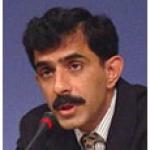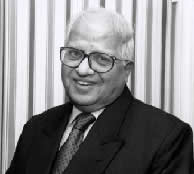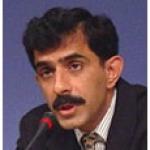One in Six Globally, But is India Counting its Own Workers?

Consider the following three facts. First, approximately every sixth person in the world is Indian. Second, for the first time in the history of humankind, the majority of people live in urbanized regions, concentrating poverty in new ways. Third, India 's industrial sectors have distinct spatial characteristics that mirror caste, jati, and gender features of Indian workers. These citizens are poorly counted by both the government and unions.









